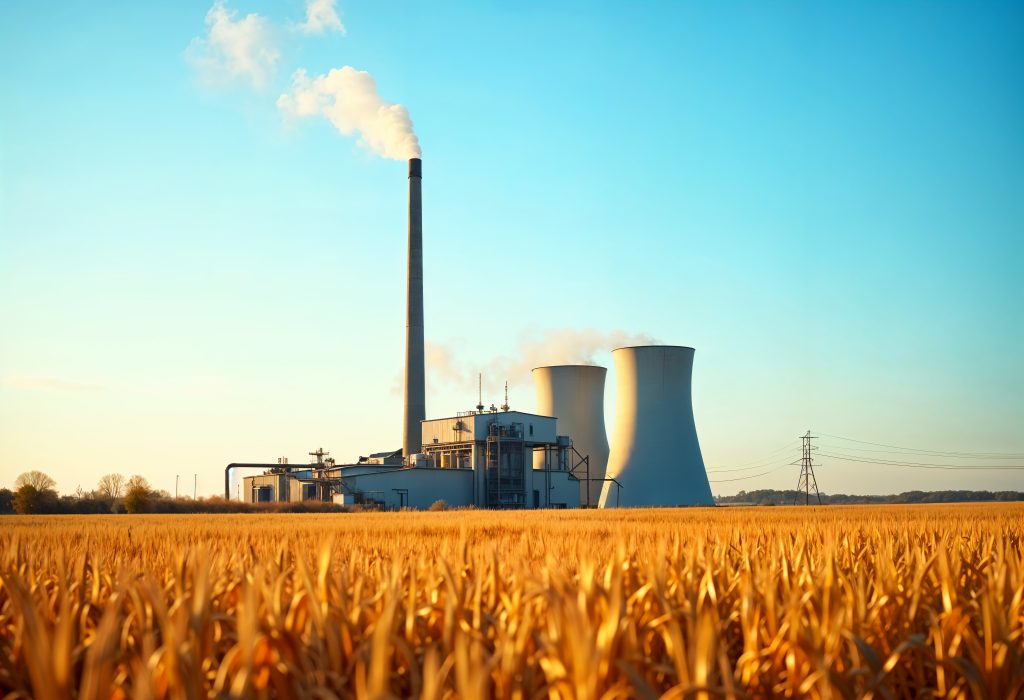In Chapter 10 of the edited book ‘Law in the EU’s Circular Energy System: Biofuel, Biowaste and Biogas‘, Agnieszka Smoleńska talks about ‘EU and policy shaping supranational and national investment in biofuel and biogas transition’ [1].
Read the Abstract below:

‘The chapter analyses how European Union (EU) laws and policies shape the availability of financing for the development of biofuels and biogases produced from biological waste from agriculture, food and forestry. Three financing streams are identified: the EU budget, Member State (MS) subsidies shaped by State aid law and EU fiscal rules, as well as regulated private investments (sustainable finance). The chapter shows how for two decades EU-level targets and definitions have driven the uptake of bioenergy, in particular produced from agricultural and forestry crops. With changing sustainability perspectives and priorities, a new orientation towards the development of bioenergy from biowaste can be found in EU policy, especially since the Russian invasion of Ukraine has accentuated the risks of overdependence on fossil fuel imports. As the chapter shows, however, a number of inconsistencies and absence of systems-thinking across a variety of EU funding programs, State aid rules and sustainable finance regulation hinder a more significant role for biowaste in European energy supply. The absence of a clear vision for bioenergy at EU level explains why the bulk of EU financing is dedicated to Research and Innovation, rather than implementation or direct support to existing technologies which are uncompetitive under the current carbon pricing regime’.
[1] Research for this chapter was supported by a National Science Centre grant (UMO-2021/40/C/HS5/00134). International Energy Agency.


